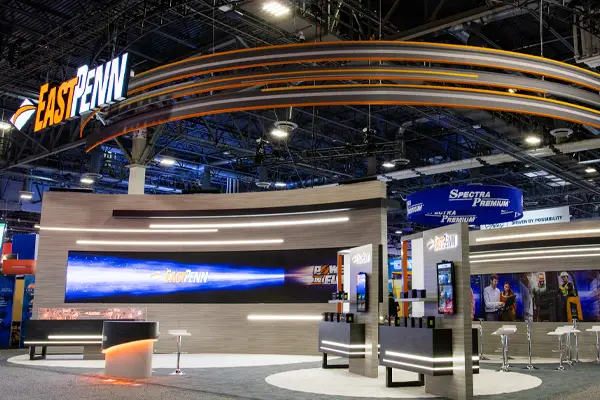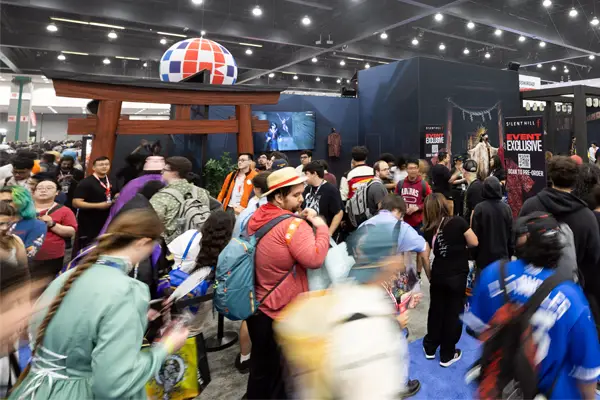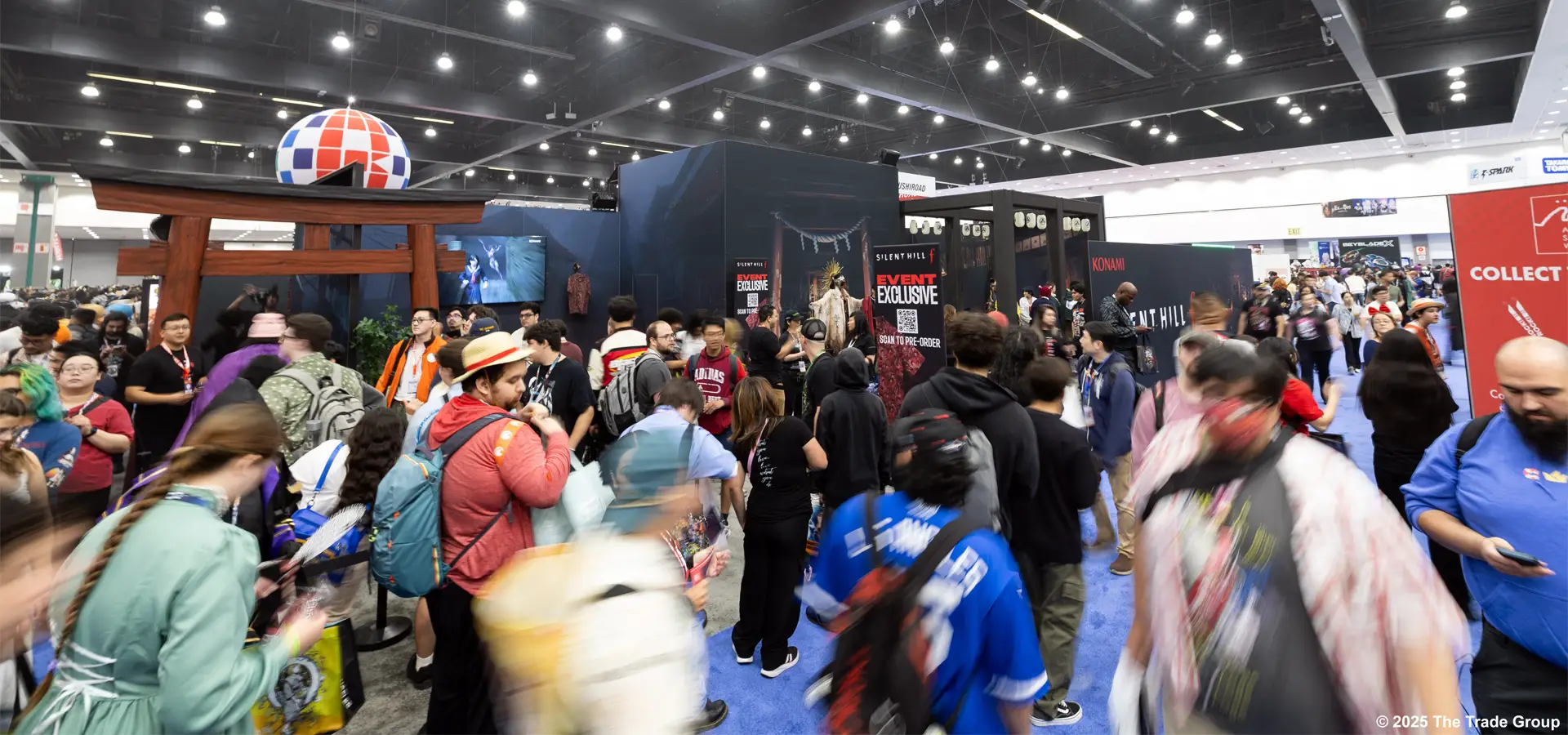Artificial Intelligence tools like ChatGPT and Midjourney have taken over. But thanks in part to them, marketing strategies like experiential or immersive marketing will become more important than ever. Here’s why.
Generative AI produces human-like text and imagery faster and, in some cases, at a higher quality than human creators. The output is simply astonishing, and many professional creators and “tinkerers” are having a ball creating pictures like Pope Francis break dancing or writing entire books and publishing them on Amazon.
While this is fine and dandy, a few dangers come with the influx of AI-generated content on the internet.
First, AI is still a computer and, as such, requires inputs to generate an output. AI’s current inputs and inspiration come from existing online material. If AI-generated content continues to be published online within the next 3-5 years, AI will be referencing its own generated content. This will lead to a creative plateau, signaling the need for human originality and inspiration.
Second, AI-generated content is changing current digital marketing tactics. Google’s search engine is designed to find the best answers on the internet to user’s questions and searches. Marketers use Google and other search engines to generate leads by providing the best answers to user’s questions on their company’s blog. They also pay for things like Google ads. However, more and more people are using ChatGPT, Bing, and other AI instead of search engines. Bing at least cites articles and blogs where it got its information from. However, it’s unlikely people will be clicking on the references, causing a dramatic change in how digital marketers raise brand awareness.
Third, AI is changing social dynamics on the internet. Caryn Marjorie is a Snapchat influencer who created an AI version of herself that will be anyone’s girlfriend for $1 a minute. A spring of “AI influencers” has appeared on Instagram in recent months. One of the ways humans recognize beauty in the face is symmetry. Online users are attracted to AI influencers (though they may be unaware they are AI) because of AI’s ability to exaggerate symmetry, among other things. Advertisers are already partnering with AI influencers to promote their products.
If these dangers cannot be mediated either by legislation or by a public in active protest against these practices, experiential marketing, which emphasizes real human connection and interaction through shared experiences, should become increasingly important in the age of AI. Why? Because we are primarily social beings whose happiness depends on meaningful relationships. Experiential marketing recognizes this need.
The Power of Experiential Marketing
So, what exactly is experiential marketing? The Trade Group’s Director of Experiential, Adam Haas, explains it all in the short video below.
https://youtu.be/6gHabi3l6AM
As the video explains, experiential marketing is about creating memorable, shared experiences that strengthen the bond between the consumers and the brand. Another way to put it is that brands become how consumers share an experience with one another. Hence, the emphasis is on human connection.
Get in touch and tell us about your goals!
For more insights and award-winning event strategies, contact our team of event specialists to design a custom-fabricated activation to amplify your brand. Connect with a team member here or give us a call at (800) 343-2005.








